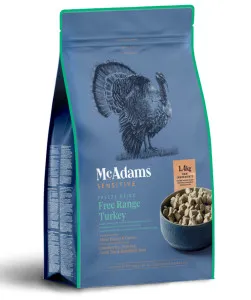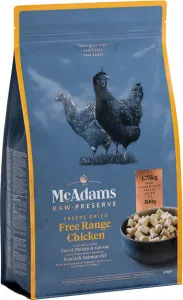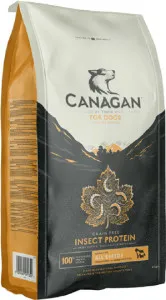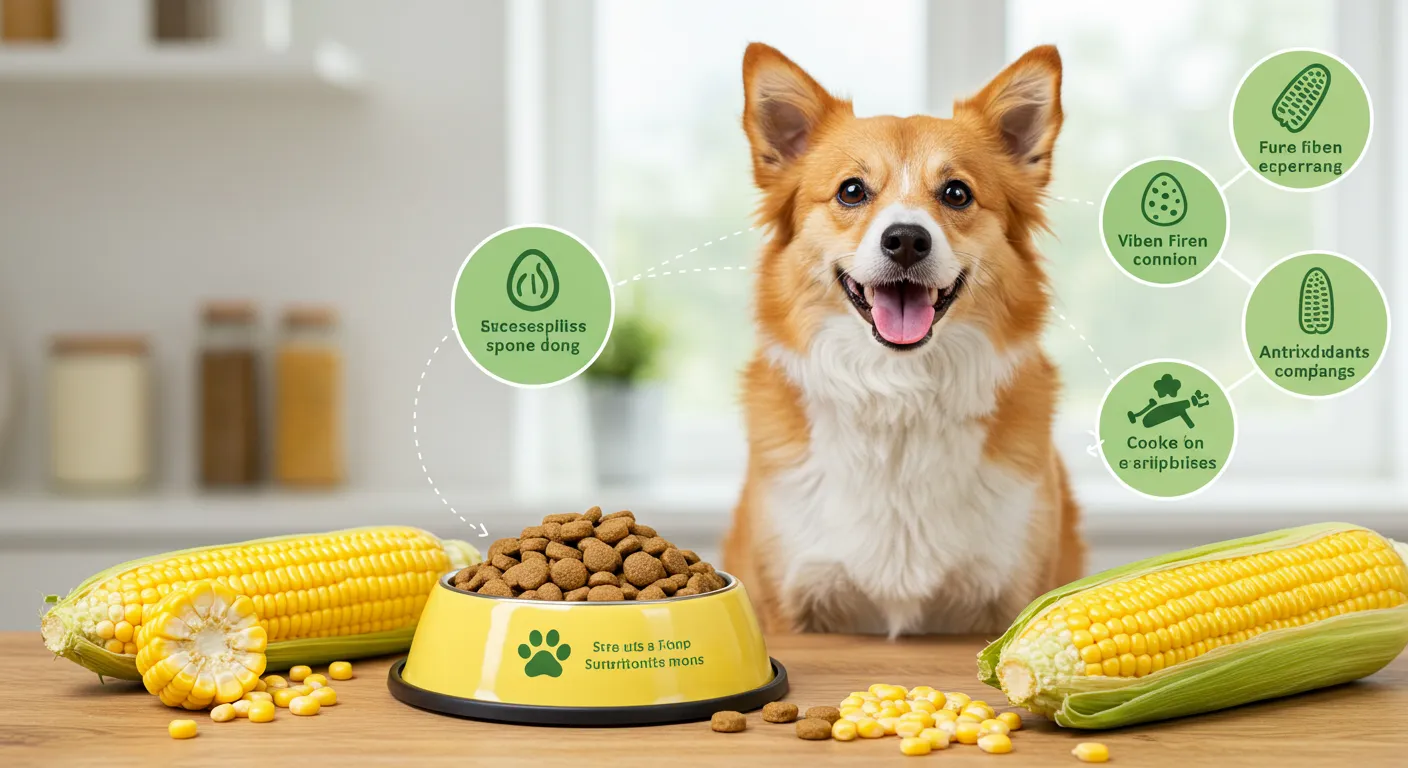Can Dogs Eat Corn? 2025 Safety and Nutrition Guide
As a pet owner, you’ve probably wondered whether certain human foods are safe for your furry friend. Corn is a common ingredient in many dog foods, but is it safe for dogs to eat directly? In this guide, we’ll explore the safety, nutritional benefits, and potential risks of feeding corn to your dog in 2025.
Is Corn Safe for Dogs?
Yes, dogs can safely eat corn in moderation. Corn is not toxic to dogs, and many commercial dog foods include it as a carbohydrate source. However, there are a few important considerations to keep in mind:
- Plain corn is best: Avoid feeding your dog buttered, salted, or seasoned corn, as additives can be harmful.
- Kernels should be cooked: Raw corn can be difficult to digest, so always serve it cooked.
- Watch for allergies: Some dogs may have sensitivities to corn, leading to digestive upset or skin issues.
- Fiber: Supports healthy digestion and bowel movements.
- Protein: While not a complete protein source, corn contains some amino acids.
- Antioxidants: Corn is rich in lutein and zeaxanthin, which promote eye health.
- Carbohydrates: A good energy source for active dogs.
- Cook it plain: Boiled or steamed corn without butter, salt, or spices is safest.
- Remove the cob: Only serve the kernels to prevent choking or blockages.
- Moderation is key: Corn should be an occasional treat, not a dietary staple.
- Monitor for reactions: Introduce corn slowly and watch for any adverse effects.
- Sweet potatoes: Rich in fiber and vitamins.
- Green beans: Low-calorie and crunchy.
- Carrots: Great for dental health.
- Pumpkin: Supports digestion.
Nutritional Benefits of Corn for Dogs
Corn provides several key nutrients that can benefit your dog’s health when fed in moderation:
Potential Risks of Feeding Corn to Dogs
While corn is generally safe, there are some risks to be aware of:
Choking Hazard
Whole corn kernels or cobs can pose a choking risk, especially for small dogs. Always cut corn off the cob before serving.
Digestive Blockages
Dogs that swallow large pieces of corn cob may experience intestinal blockages, which can be life-threatening. Never let your dog chew on a corn cob.
Allergic Reactions
Though rare, some dogs may be allergic to corn. Symptoms include itching, vomiting, or diarrhea. If you notice these signs, consult your vet.
Recommended Products

McAdams Freeze Dried Free Range Turkey is an excellent choice for can dogs eat corn? 2025 safety and nutrition guide. This dog food contains Boneless Free Range Turkey 86.5% and other high-quality ingredients that promote overall health.

McAdams Freeze Dried Free Range Chicken is an excellent choice for can dogs eat corn? 2025 safety and nutrition guide. This dog food contains Boneless Free Range Chicken 86% and other high-quality ingredients that promote overall health.

Canagan Insect is an excellent choice for can dogs eat corn? 2025 safety and nutrition guide. This dog food contains Freshly Prepared Insects (27%)* and other high-quality ingredients that promote overall health.
How to Safely Feed Corn to Your Dog
If you decide to share corn with your pup, follow these safety tips:
Corn in Commercial Dog Food
Many dog foods contain corn as a filler or carbohydrate source. While it’s not harmful, some pet owners prefer grain-free options. If you’re unsure about your dog’s diet, our Pet Food Analyzer can help you evaluate the best options for your pup.
Is Cornmeal or Corn Gluten Bad for Dogs?
Cornmeal and corn gluten are common byproducts in dog food. They’re generally safe but offer less nutritional value than whole corn. If your dog has a sensitive stomach, you may want to avoid these ingredients.
Alternatives to Corn for Dogs
If you’re looking for healthier or lower-carb alternatives to corn, consider these options:
Final Verdict: Can Dogs Eat Corn?
Yes, dogs can eat corn safely if prepared correctly and given in moderation. While it offers some nutritional benefits, it shouldn’t replace high-quality protein sources in your dog’s diet. Always monitor your pet for any adverse reactions and consult your vet if you’re unsure.
For more expert insights on pet nutrition, check out our Pet Food Analyzer to ensure your dog gets the best diet possible.
